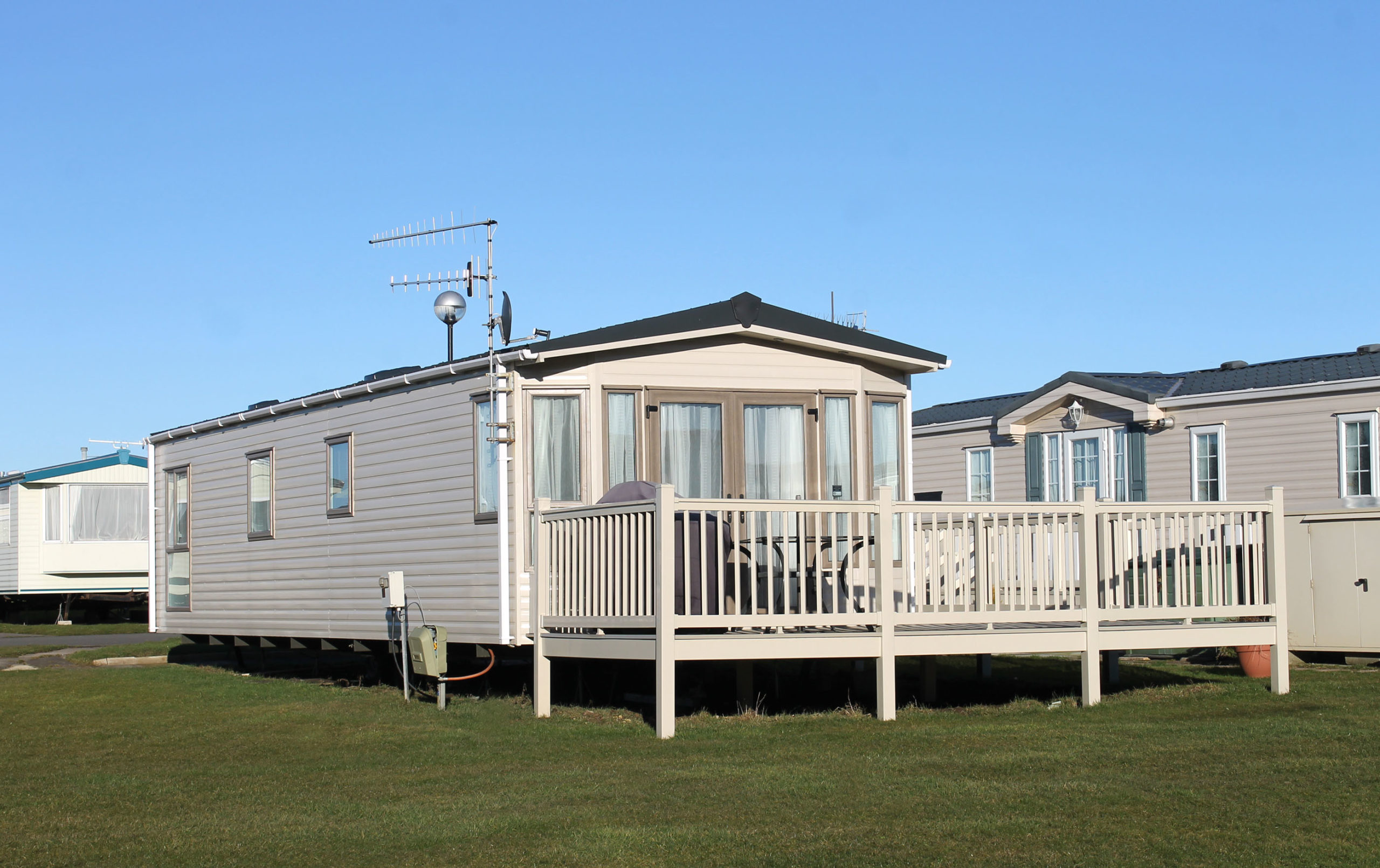While it may seem that a mobile home inspection (or manufactured home inspection) is similar to a traditional brick and mortar home inspection, there are some differences. This segment of the housing industry is undergoing a renaissance as more people are looking for affordable housing.
If you are considering buying or selling a mobile home, it’s essential to get a mobile home inspection just as you would with a traditional house.
Mobile Home Construction
The most significant difference between modern mobile homes and traditional stick-built homes is the building process and materials. Unlike conventional homes that are built on-site, mobile homes, also known as manufactured homes, are built in a factory and moved to leased land or a mobile home park after assembly.
Because home companies must transport mobile homes to their final destination, these structures usually rely on materials that are lighter and install smaller systems (like HVAC). Some use durable materials, while others use materials that are not as resilient to the elements. If a builder uses nondurable materials, the mobile home may be more prone to leaking and rotting, which can lead to mold and other problems down the road.
Even considering these issues, the mobile homes of the 21st century are of higher quality than those of the 1960s. While every manufactured home today has passed wind and safety tests, they are, however, still at risk for significant storm damage.
Mobile Homes Come With Unique Considerations
Like a thorough check of a traditional home, a mobile home inspection is a top to bottom examination of both the home’s interior and exterior. In a mobile home, space is tight. Typically wiring, plumbing, and ductwork are covered with a plastic sheath on the underside of the home. Furthermore, attic space is usually tiny and accessible through a small ceiling panel.
Most mobile homes are not built on a concrete or slab foundation. Instead, they have block piers with a decorative skirt. Weather can damage piers so that they become unstable. Because some homeowners like to tackle DIY repairs, some mobile homes may have unusual shimming materials and methods.
Also, mobile homes are designed to expand with porches, decks, and more that may affect the structure’s stability and make it vulnerable to water penetration. Any addition must be built with a separate foundation, even if it connects to the home.
What to Expect in a Mobile Home Inspection
Whether you are buying, selling, or renting a mobile home, plan for a complete inspection. The following list outlines some of the items you can expect your licensed inspector to have on their checklist:
- Insulation
- Ducts
- Water in the crawl space
- Bulging membrane under the home that indicates a water leak
- Design and condition of piers and pier shims
- Bent or damaged I-beams
- Water sealed seams on the roof, exterior wall sheathing, and penetrations around doors and windows
- Structures for additions
- Interior and attic leaks
- Separations between any additions and the home
- Electrical, plumbing, heating and cooling systems
- Location of the meter
- Appliances
A Mobile Home Inspection You Can Trust
When choosing the right inspector, look for a professional company like Vannier Home Inspections that is licensed and backed by InterNACHI, the world’s leading association for home inspectors. By relying on the professionals, you will gain useful insights from an independent, third-party who is working in your best interests.
Located in Surprise, AZ, Vannier’s licensed and certified home inspectors will perform a thorough inspection of your mobile home. If we uncover major (or minor) problems, you can potentially save thousands of dollars in unplanned repair and maintenance costs. Knowing the condition of your home can help you negotiate the right price.
If you are living around – or looking to move to – the Phoenix area, contact Vannier for your mobile home inspection. We serve cities like
With our office conveniently located in Surprise, Arizona, our certified home inspectors can provide inspection services to cities like Scottsdale, Mesa, Buckeye, as well as East Valley and West Valley.
We look forward to meeting you!

